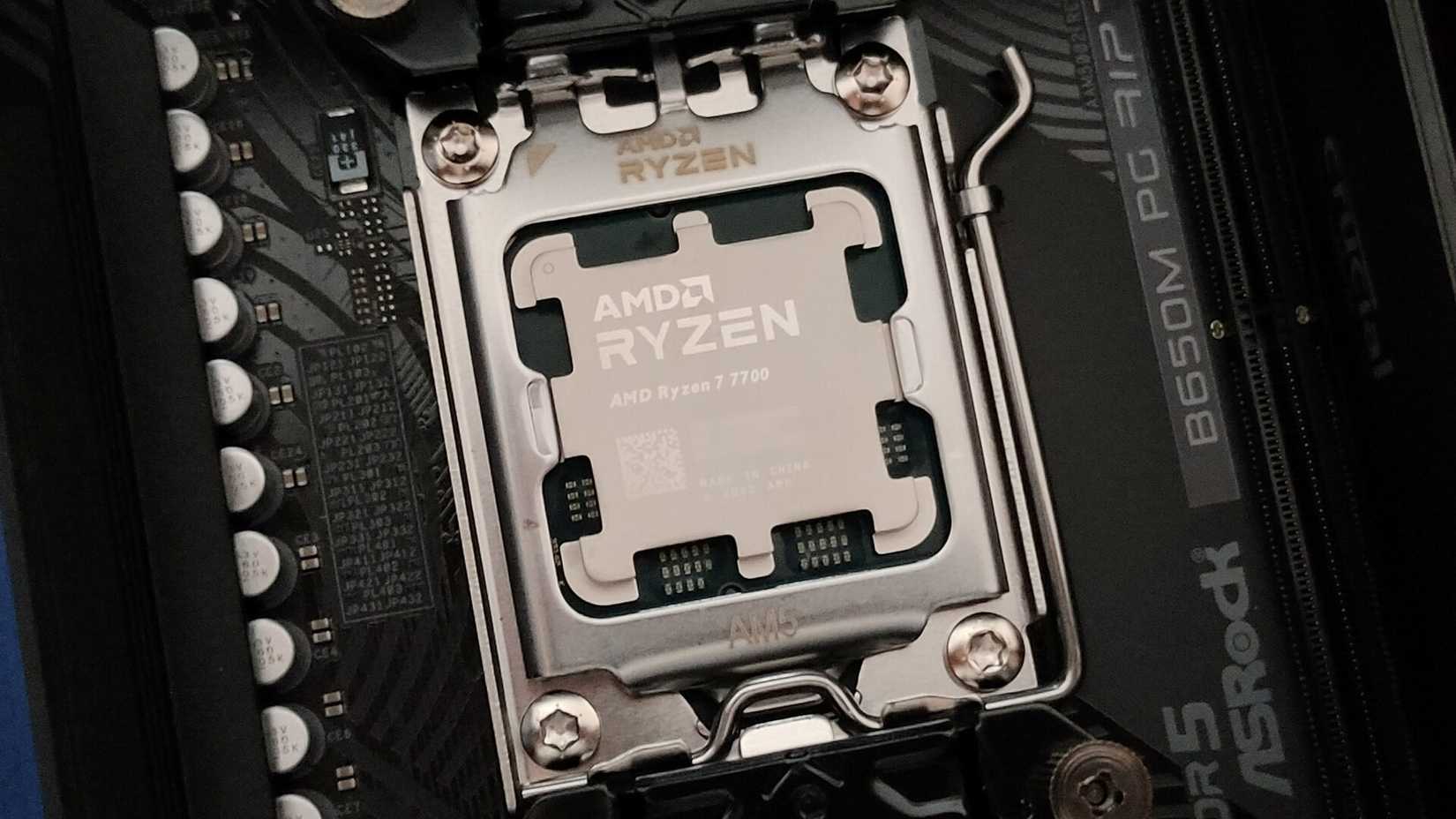Are you between Intel and AMD for your upcoming Plex server build? The choice is pretty clear these days on which is the best, and the reasons might surprise you.
Choose Intel If Your Plex Library Requires Transcoding
Intel has had Quick Sync Video (QSV) support built into its processors since way back in 2011. If you’ve never heard of QSV, it’s basically an on-die dedicated video encoding and decoding hardware core that takes some video processing tasks off of the CPU itself and handles them more efficiently.
Plex leverages Intel’s QSV support to handle transcoding your movies and TV shows without the need of a dedicated graphics card. Sure, a dedicated graphics card can often handle more transcodes than an Intel processor’s Quick Sync Video component can, but modern CPUs can transcode several streams at a time without breaking a sweat.
While AMD now has integrated graphics on its processors, including AV1 encoding/decoding on the latest releases, Plex simply doesn’t support AMD hardware all that well. In fact, Plex has never supported AMD hardware fully. For a variety of reasons, Plex has always leaned toward Intel or NVIDIA when it came to transcoding.
If you have a Plex library with a lot of transcoding needs, Intel is definitely the better processor to choose. There’s simply no comparison.
AMD Offers Slightly Lower Idle Wattages — With a Catch
Let’s say that your Plex library needs zero transcoding. There’s a chance that AMD could have a leg up on Intel in your scenario. AMD actually idles with a lower power draw than Intel in most scenarios. So, when direct playing and putting very little stress on the processor, AMD could generate less heat and cost less per month to run.
However, the idle power draws are within a few watts of each other, which amounts to fractions of a cent per day, if that much. Also, if you ever try to transcode with an AMD processor, then you’re definitely going to pull more power than an Intel CPU would because Plex doesn’t support AMD transcoding well.
At some point, I hope Plex adds full support for AMD transcoding because the hardware is definitely there at this point. It’s all just down to the drivers at this point.
You Can Get Older Intel CPUs With Integrated Graphics for Cheap
You actually don’t have to spend a ton of money to get Intel’s Quick Sync Video. As I mentioned earlier, this tech has been around since 2011. You can easily find a several year old processor that will handle transcoding Plex media with ease.
For example, finding an old 8th Generation Core i5 processor for your Plex server would be fantastic. On eBay, you can buy entire computers that have the 8th Generation Core i5 processor for around $170. That’s not just the CPU cost, but it comes with a 500GB HDD, 16GB of RAM, and Windows 10 (which could be replaced with Linux to run your media server or virtual machines). If you prefer to buy a system from a big box retailer, Best Buy offers a similar system with an 8th Generation Core i5 with a 256GB SSD for $365.
Overall, older Intel gear is cheap but still extremely capable. Intel definitely wins in this area.
If You Have a Graphics Card, CPU Choice Is Mostly Irrelevant
If you already have a dedicated graphics card, you can honestly just forget even thinking about what processor you have. When a dedicated graphics card (NVIDIA’s 900-series or newer, and Intel’s Arc lineup) then Plex can send all transcoding to the GPU. This means no transcoding tasks will hit your processor, allowing you to use either AMD or Intel just fine.
This is a great thing for those who already have dedicated graphics cards lying around. However, if you don’t, then Intel really is the best CPU choice for your Plex server as it handles the transcoding needs and does everything else your server could need all at once.
At the end of the day, Intel just has a leg up on AMD when it comes to running a Plex server. That could change at any minute, as all Plex has to do is release full support for hardware transcoding on AMD processors. Until then, however, Intel rules the roost when it comes to powering your media server.
Once you have your Plex system up and running, make sure to organize your media properly. A neat and tidy Plex library is a happy Plex library. Organizing your media is actually easier than you might think, and there’s free software out there to handle the task for you, making it a simple process.


